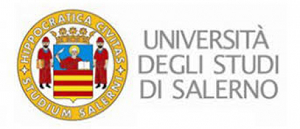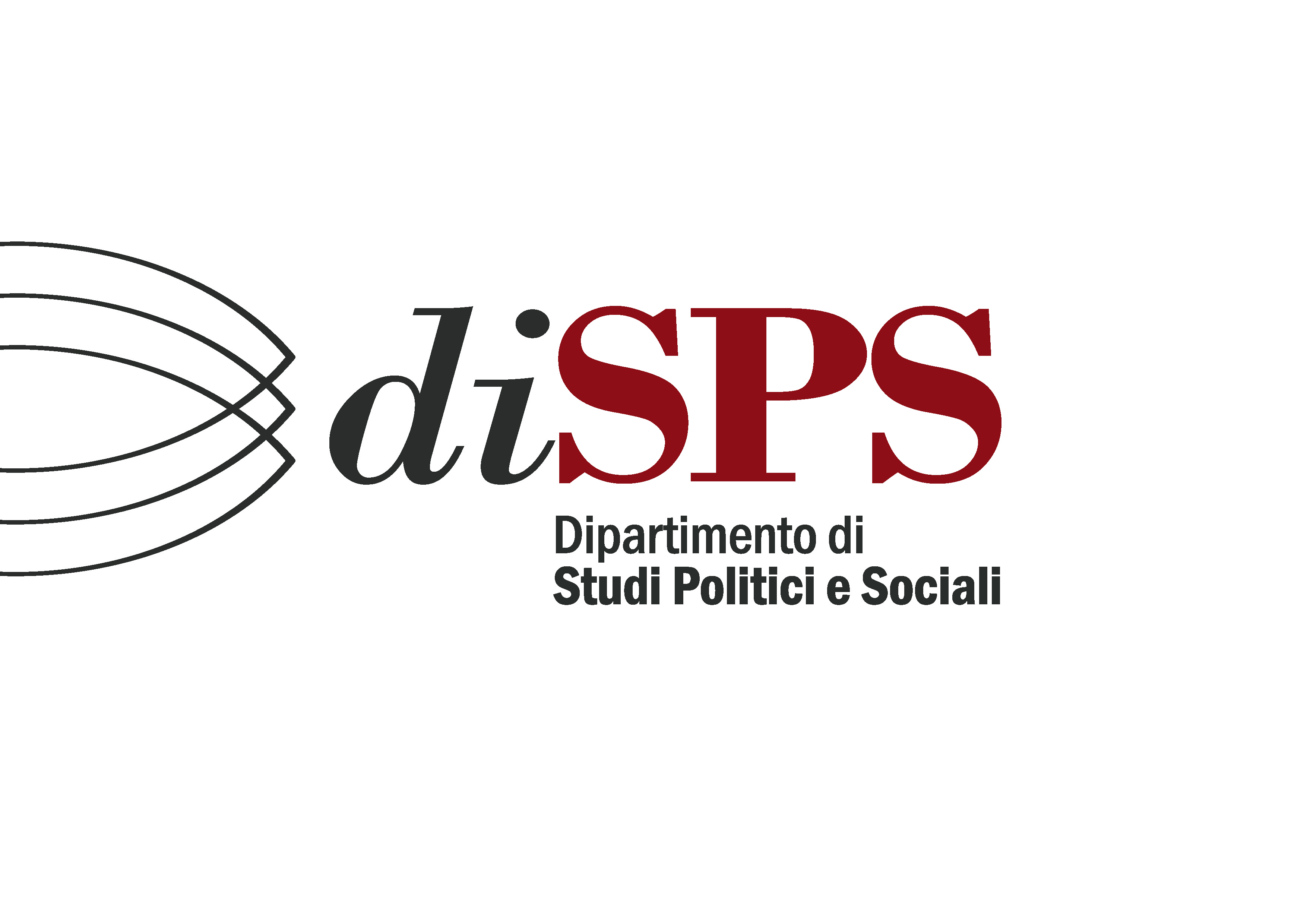Working Papers CSE Year 2021
Increasing imperative of the intercultural education in European policies, initiatives and actions
Iryna Sikorska
Share
Abstract
Through increasing cultural diversity of European countries education in general and higher education in particular become the constructive force to promote social cohesion and integration. The European higher education policies have manifested the increasing attention towards importance of intercultural learning at all levels of education including higher education. In the research the major EU policy-related documents, initiatives, programmes and organizations responsible for education policies are analyzed through introducing of the key themes and priorities connected with development of intercultural learning. The chronological scope of the study covers the last twenty-year period due to the enormous changes occurred in the field of higher education under increasing multicultural perspective in Europe.
Keywords: European education policies; Higher education; Intercultural education.
Full Text: pdf
References
Alexiadou, N., Fink-Hafner, D., and Lange, B. (2010). Education policy convergence through the open method of coordination: Theoretical reflections and implementation in “old” and “new” national contexts’. European Educational Research Journal, 9(3), pp. 345-358.
Athens Declaration (2003). Retrieved from: http://www.coe.int/
Banks, C. and Banks, J. (1996). The Intergroup Education Movement. Multicultural education, transformative knowledge, and action. New York, NY: Teachers College Press.
Banks, J., and McGee, C. (eds.) (2009). Multicultural Education: Issues and perspectives, 7th ed. Needham Heights, MA: Wiley.
Bologna Declaration of 19 June 1999. Joint declaration of the European Ministers of Education. http://ec.europa.eu/education/policies/educ/bologna/bologna.pdf
Bridges, D. and Watts, M. (2008). Educational Research and Policy: Epistemological Considerations. Journal of Philosophy of Education, 42(S1), pp. 41-62.
Huber, J. and Brotto, F. (2012). Intercultural competence for all: preparation for living in a heterogeneous world. Retrieved from: https://www.coe.int/t/dg4/education/pestalozzi/Source/Documentation/Pestalozzi2_EN.pdf
Council of Europe (2001). Common European Framework of Reference for Languages: Learning, teaching, assessment – Companion Volume. Strasbourg, Council of Europe.
Council of Europe (2002). The New Challenges of IE: Religious Diversity and Dialogue in Europe. Strasbourg, Council of Europe.
Council of Europe (2005). Policies and Practices for Teaching Socio-cultural Diversity. Strasbourg, Council of Europe.
Daun, H. (2009). A way forward. In: Holmarsdottirn H.B., O’Dowd M. (eds.), Nordic Voices. Teaching and Researching Comparative and International Education in the Nordic Countries. Rotterdam: Sense Publishers, pp. 281- 308.
de Wit, H. (2001). Internationalization of higher education in the United States of America and Europe: A historical, comparative, and conceptual analysis. Westport, Connecticut: Greenwood Press.
de Wit, H. (2002). Internationalization of Higher Education in the United States and Europe. London: Greenwood Press.
de Wit, H. (2004). Academic alliances and networks: a new internationalization strategy in response to the globalisation of our societies. In: Theather D. (ed.), Consortia, International Networking, Alliances of Universities. Melbourne: University of Melbourne Press.
de Wit, H. (2012). Student Mobility Between Europe and the Rest of the World: Trends, Issues and Challenges. In: Curaj A., Scott P., Vlasceanu L., Wilson L. (eds.), European Higher Education at the Crossroads. Netherlands: Springer.
Deardorff, D. and Jones, E. (2012). Intercultural competence: An emerging focus in international higher education. In: Deardorff D., de Wit H., Heyl J. and Adams T. (eds.), The SAGE handbook of international higher education, Thousand Oaks, CA: SAGE Publications.
Deardorff, D. (2006). Identification and Assessment of Intercultural Competence as a Student Outcome of Internationalization. Journal of Studies in International Education, 10(3), pp. 241-266.
Enders, J., de Boer, H. and Westerheijden, D. (2011). Reform of Higher Education in Europe. In: Enders J. et al. (eds.), Reform of Higher Education in Europe. Publisher: Sense. Editors: Jurgen Enders, Harry de Boer, Don Westerheijden.
European Commission/EACEA/Eurydice (2015). The European Higher Education Area in 2015: Bologna Process Implementation Report. Luxembourg: Publications Office of the European Union.
European Commission (2012). The Development of European Identity/Identities – Unfinished Business. Brussels.
European Parliament (2017). Resolution of 14 September 2017 on the future of the Erasmus+ programme (2017/2740(RSP)) Retrieved from https://op.europa.eu/en/publication-detail/-/publication/
Hadjisoteriou, Ch., Faas, D. and Angelides, P. (2015). The Europeanisation of intercultural education? Responses from EU policy-makers. Educational Review, 67(2), pp. 218-235. DOI: 10.1080/00131911.2013.864599.
Hansen, P. (1998). Schooling a European Identity: Ethno-cultural Exclusion and Nationalist Resonance within the EU Policy of ‘the European dimension of education’. European Journal of Intercultural Studies, 9(1), pp. 5-23.
Hill, I. (2007). Multicultural and International Education: Never the Twain Shall Meet?. International Review of Education, 53(3), pp. 245-264.
Horga, I. (2011). Ethnicity, Religion and Intercultural Education in the Curricula of European Studies. University of Oradea, Institute for Euroregional Studies. Retrieved from: https://mpra.ub.uni-muenchen.de/
International Association of Universities (2012). Affirming academic values in internationalisation of higher education. A call for action. Retrieved from http://www.iauaiu.net/
Grove, J. (2012). “Bologna not to taste of German critics”. Times Higher Education. Retrieved from http://www.timeshighereducation.co.uk/
International Association of Universities (2012). In focus, Rethinking Internationalisation. IAU Horizons, 17(3) and 18(1), 15-33. Retrieved from http://www.iau-aiu.net/sites/all/files/IAU_Horizons_Vol17_3_18_1_EN.pdf
Faas, D., Hadjisoteriou, Ch. and Angelides, P. (2014). Intercultural education. in Europe: policies, practices and trends. British Educational Research Journal, 40(2), pp. 300-318.
Kymlicka, W. (2012). Comment on Meer and Modood. Journal of Intercultural Studies, 33(2), pp. 211-216.
Lähdesmäki, T. and Wagener, A. (2015). Discourses on Governing Diversity in Europe: Critical Analysis of the White Paper on Intercultural Dialogue. International Journal of Intercultural Relations, 44, pp. 13-28.
Levinson, B., Sutton, M., and Winstead, T. (2009). Education Policy as a Practice of Power: Theoretical Tools, Ethnographic Methods, Democratic Options. 23(6), Educational Policy, pp. 767-795. DOI: 10.1177/0895904808320676
Lisbon European Council, 23 and 24 March, 2000, Presidency Conclusions. Retrieved from: https://www.europarl.europa.eu/summits/lis1_en.htm.
Lucey, T., Agnello, M., and Hawkins, J. (2010). Classical social Justice: A Philosophical exploration of the Roots of social and economic inequities. Multicultural Education, 17(3), pp. 15-23. Retrieved from: https://files.eric.ed.gov/
Meer, N. and Modood, T. (2012). How does Interculturalism Contrast with Multiculturalism? Journal of Intercultural Studies, 33(2), pp. 175-196.
Neave, G. (1997). The European dimension in higher education. An historical analysis. Background document for the conference on The Relationship between Higher Education and the Nation-State, Enschede, The Netherlands.
OHCHR (2016). Convention on the Rights of the Child. http://www.ohchr.org/Documents/ProfessionalInterest/crc.pdf
Otten, H. (2003). Intercultural learning and diversity in higher education. Journal of Studies in International Education 7(1), pp. 12-26.
Phillipson, R. (2013). Linguistic Imperialism Continued. London: Routledge.
Rizvi, F., and Lingard, B. (2010). Globalizing Education Policy. London: Routledge.
Sikorskaya, I. (2017). Intercultural education policies across Europe as responses to cultural diversity (2006-2016). Working Papers del Centro Studi Europei, 17/04. Available at: http://www.paperscse.unisa.it.
Sigalas, E. (2010). Cross-border mobility and European identity: The effectiveness of intergroup contact during the ERASMUS year abroad. European Union Politics, 11(2), pp. 241-265.
Tiedt, P. and Tiedt, I. (2002). Multicultural Teaching: A Handbook of Activities, Information and Resources. Boston, MA: Allyn & Bacon.
Tsaliki, E. (2013), Intercultural education in Greece. The case of thirteen primary schools, Doctoral Degree Thesis, London, Institute of Education, University of London. Retrieved from: https://www.semanticscholar.org/
UNESCO (2007), UNESCO guidelines on intercultural education, UNESCO, Paris.
van der Wende, M. and Jeroen, H. (2003). The Role of Europe in Higher Education Policy: Expansion across Borders and Levels. Tijdschrift voor Hoger Onderwijs, 21(1), pp. 30-47.
Van Mol, C. (2018). Becoming Europeans: the relationship between student exchanges in higher education, European citizenship and a sense of European identity. Innovation: The European Journal of Social Science Research, 31(4), pp. 449-463. DOI:10.1080/13511610.2018.1495064.
Wahlstrom, N. (2016). A third wave of European education policy: transnational and national conceptions of knowledge in Swedish curricula. European Educational Research Journal, 15(3), pp. 298-313.
Wieviorka, M. (2012). Multiculturalism: a concept to be redefined and certainly not replaced by the extremely vague term of interculturalism. Journal of Intercultural Studies, 33, pp. 225-231.
Zapata-Barrero, R. (2015). Interculturalism: Main hypothesis, theories and strands. In: Zapata-Borrero R. (ed.), Interculturalism in cities: concept, policy and implementation. Cheltenham: Edward Elgar Publishing, pp. 3-19.
Zembylas, M. and Iasonos, S. (2010). Leadership Styles and Multicultural Education Approaches: An Exploration of their Relationship. International Journal of Leadership in Education, 13(2), pp. 163-183.


